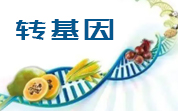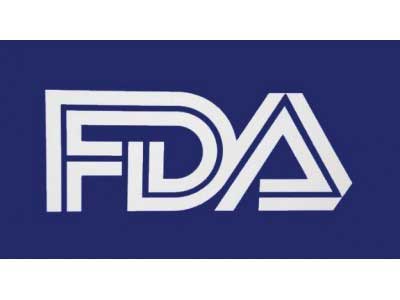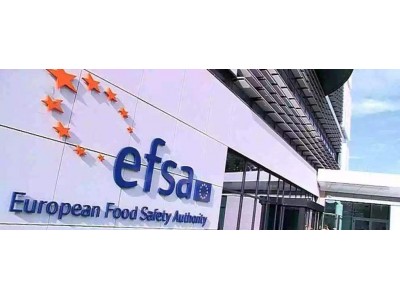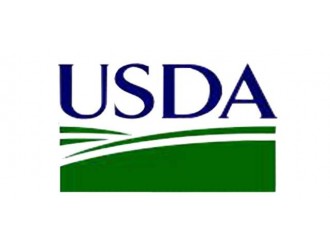сђђсђђТЇ«С║єУДБ№╝їУ»?АС-т▓ЕУЌ╗у│ќтЪ║С╣│у│ќТў»ућ▒тцДУѓаТЮєУЈїW (ATCC 9637)уџёУАЇућЪУЈїТа?тцДУѓаТЮєУЈїSGR5)ућЪС║Дуџёсђѓу╗ЈУ┐ЄУ»ёС╝░№╝їСИЊт«Хт░Ју╗ётЙЌтЄ║у╗ЊУ«║№╝їтюеТЈљУ««уџёСй┐ућеТЮАС╗ХСИІ№╝?АС-т▓ЕУЌ╗у│ќтЪ║С╣│у│ќСйюСИ║Тќ░тъІжБЪтЊЂТў»т«ЅтЁеуџёсђѓжЃетѕєтјЪТќЄТіЦжЂЊтдѓСИІ№╝џ
сђђсђђFollowing a request from the European Commission, the EFSA Panel on Nutrition, Novel Foods and Food Allergens (NDA) was asked to deliver an opinion on 2АС-fucosyllactose (2А»-FL) as a novel food (NF) pursuant to Regulation (EU) 2015/2283. The NF is mainly composed of the human-identical milk oligosaccharide (HiMO) 2А»-FL, but it also co
ntains d-lactose, l-fucose, fucosylgalactose, difucosyllactose, d-glucose and d-galactose, and a small fraction of other related saccharides. The NF is produced by fermentation by a genetically modified strain (Escherichia coli SGR5) of E. coli W (ATCC 9637). The information provided on the identity, manufacturing process, composition and specifications of the NF does not raise safety concerns. The applicant applies for the same use and use levels as already authorised for 2А»-FL and included in the Unio
n list of NFs, with the general population as target population. The Panel noted that the available intake estimate is not recent (2015) and ba
sed on a different databa
se (2008еC2010 UK data) than that used by EFSA. For this reason, the Panel decided to perform a new intake estimate according to the current EFSA approach. The Panel notes that the highest P95 daily intake of the NF from the use as food ingredient is higher than the estimated natural highest mean daily intake in breastfed infants and marginally higher in young children. The applicant also proposes to extend the use of 2А»-FL in food supplements (FS) for infants at the use level of 1.2?g/day. The resulting estimated intake in infants from the proposed use in FS is within the natural intake of 2А»-FL in breastfed infants. FS are not intended to be used if other foods with added 2А»-FL or human milk are co
nsumed on the same day. The Panel co
ncludes that the NF is safe under the proposed co
nditions of use.
сђђсђђ
ТюгТќЄућ▒жБЪтЊЂС╝ЎС╝┤уйЉжБЪтЊЂУхёУ«»СИГт┐Ѓу╝ќУЙЉ№╝їСЙЏуйЉтЈІтЈѓУђЃ№╝їТюЅС╗╗СйЋуќЉжЌ«№╝їУ»иУЂћу│╗news@www.sqrdapp.comсђЂЧ/span>











 тю░тї║№╝ЎЧ/font>
тю░тї║№╝ЎЧ/font>

 ТгДуЏЪУ»ёС╝░УйгтЪ║тЏаујЅу▒│MO
ТгДуЏЪУ»ёС╝░УйгтЪ║тЏаујЅу▒│MO
 ТгДуЏЪУ»ёС╝░СИђуДЇж║дУійу│ќТиђ
ТгДуЏЪУ»ёС╝░СИђуДЇж║дУійу│ќТиђ уЙјтЏйТІЪТњцжћђУІЦт╣▓УѓЅу▒╗тЈЅЧ/a>
уЙјтЏйТІЪТњцжћђУІЦт╣▓УѓЅу▒╗тЈЅЧ/a> ж▓ЂтЁгуйЉт«Ѕтц 37060202000128тЈХЧ/a>
ж▓ЂтЁгуйЉт«Ѕтц 37060202000128тЈХЧ/a>



